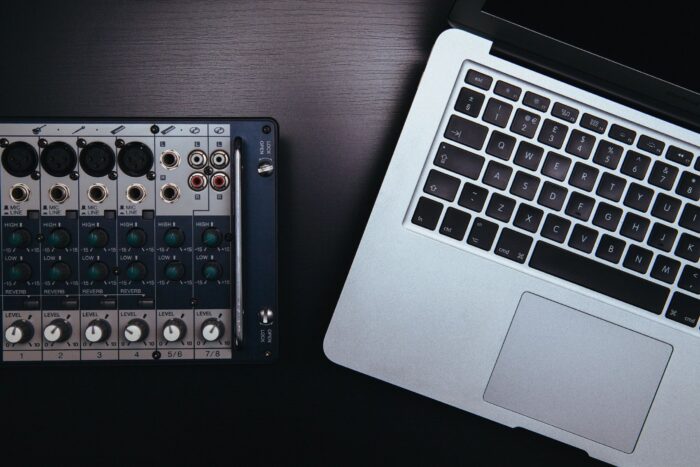An audio engineer is also commonly known as a sound engineer or a recording engineer. These professionals are responsible for producing a recorded performance or a live performance, balancing and adjusting the sound using dynamics processing, audio effects mixing, reproduction equalization, and the reinforcement of sound. Audio engineers work on the technical aspect of recording which may include the placing of microphones, setting of sound levels, pre-amp knobs etc. The physical recording of any sound or audio project is done by such an engineer.

They also sound check, work on the set up, perform live sound mixing with the use of mixing consoles, establish a sound reinforcement system for theatres, music concerts, sports, and corporate functions. Alternatively, an audio engineer can refer to a professional engineer trained in and holding an engineering degree. They design, build, and develop audio technology and work under myriad roles like acoustical engineering, signal processor, or electrical engineering.
If you are considering exploring a career as an audio engineer or searching for audio engineering schools in Toronto, check out this article as we tell you all you need to know about becoming an audio engineer.
What does an audio engineer do?
Audio engineers spend the maximum amount of time working on the soundboard or the mixing board in a studio. They also often process pre-recorded audio files with the use of a workstation. Audio engineers are responsible for balancing the frequencies and levels of several channels of sound to ensure that the output is of the finest quality and meets all the demands of the client.
In several cases, their job includes reducing the instances of unwanted sounds in an audio track or alteration of the volume of certain channels for emphasizing the same. Audio engineers are also experts at the physical operation of and maintenance of audio equipment that are involved in the recording as well as processing of sounds. Some of these engineers also work as sound or audio technicians if they have lesser experience in the field.
Audio engineers also spend long hours setting up soundscapes and microphones to record the sounds their client’s desire. Most sound engineers work predominantly inside studios than outside and there is not much interaction involved with direct customers per say.
Audio engineers are required to collaborate closely with the client or artist who needs their services. It requires constant communication and a trait for receiving inputs to produce the best quality of work. They may or may not work on a 9-5 schedule, but their work hours are directly dependent on the recording projects they have undertaken.
Audio engineers must have a few skills to be successful in this highly competitive industry– active listening, creativity, critical thinking. They must nurture a love for music and be curious to explore the creation of new sounds. Being able to handle stress and criticism is also great skills to help one excel and do their best.


